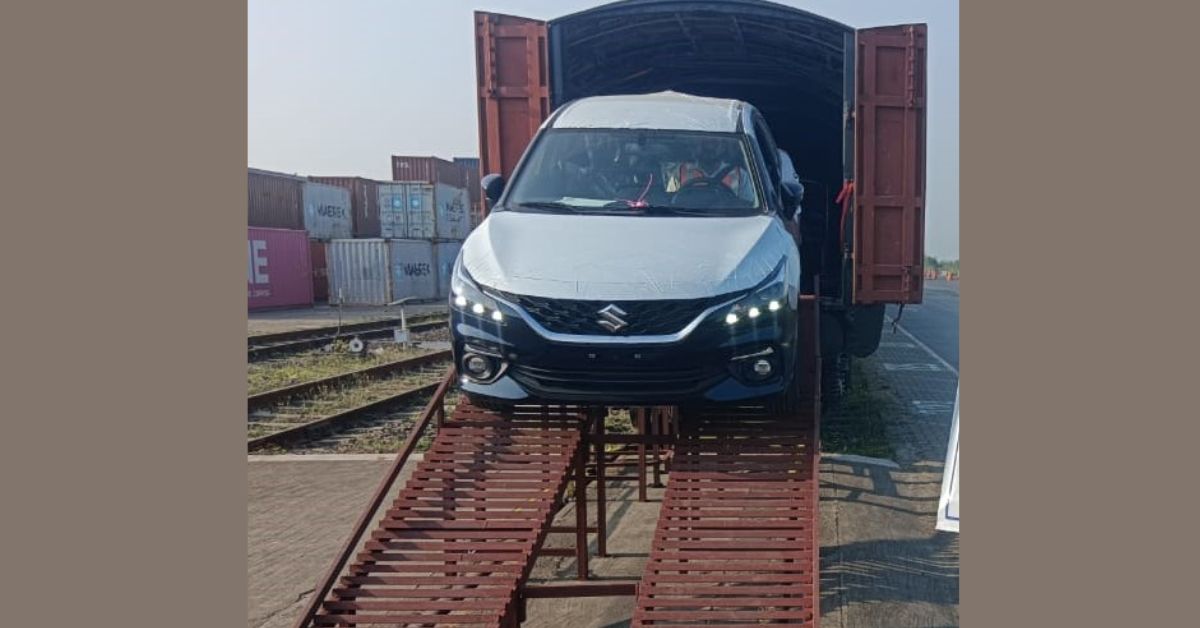APM Terminals Pipavav (GPPL) has achieved a significant milestone in vehicle logistics, setting a new record for the highest number of processed RORO rakes handled in a single month. The terminal processed 40 NMG (Newly Modified Goods) rakes, facilitating the unloading of 3,969 cars. This achievement represents a significant increase from the previous record of 30 NMG rakes handled in March 2024.
Commenting on the milestone, Mr. Girish Aggarwal, Managing Director, APM Terminals Pipavav said “This record not only highlights our great team work towards operational excellence but also demonstrates our steadfast commitment to continuous improvement. By handling an unprecedented 40 NMG rakes and unloading 3,969 cars in a single month, we are humbled to set new industry benchmarks in the logistics sector. This performance underlines our terminal’s dedication to elevating operational efficiency and advancing global automotive logistics. Looking ahead, we remain dedicated to continuous improvement and delivering best-in-class services at APM Terminals Pipavav.”
Commitment to Efficiency and Sustainability:
This achievement highlights APM Terminals Pipavav’s dedication to providing its clients with:
- Reliable and efficient: Streamlined processes ensure the safe and timely handling of vehicles.
- Sustainable practices: Promoting RORO transportation aligns with APM Terminal’s industry-leading decarbonisation agenda by reducing reliance on road transport and lowering emissions.
By efficiently managing the movement of vehicles through rail, APM Terminals Pipavav contributes to significant decongestion of India’s road networks, benefiting both the environment and commuters. APM Terminals Pipavav stands as India’s pioneering public-private partnership (PPP) port and the first to connect with the Dedicated Freight Corridor (DFC). As a key node in the APM Terminals global network, it boasts impressive handling capacities: annually, the port manages 1.35 million TEUs of container traffic, 4 million metric tons of dry bulk, 2 million metric tons of liquid bulk, and 250,000 passenger cars. This extensive capability not only underscores its critical role in enhancing India’s logistical infrastructure but also highlights its impact on streamlining the country’s cargo movement efficiently.







